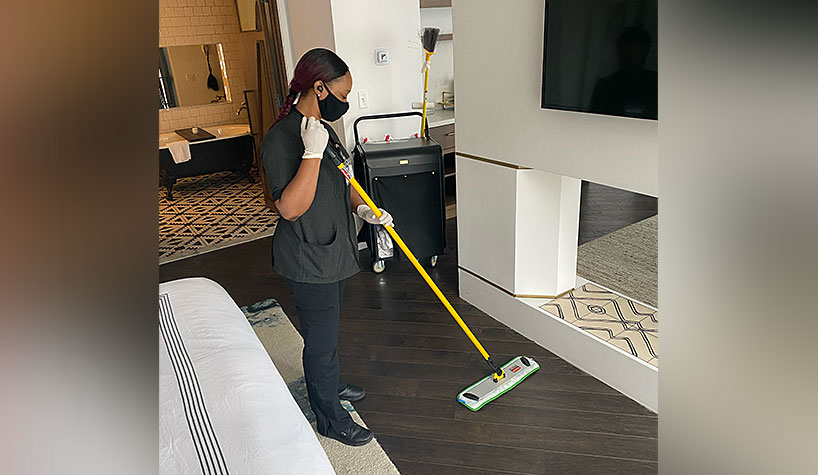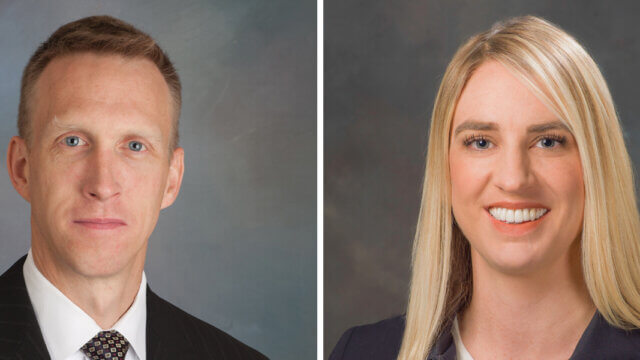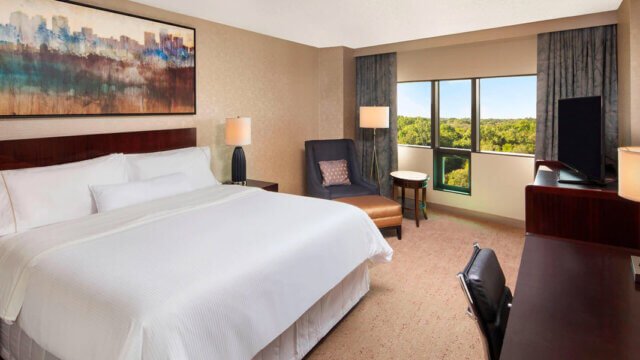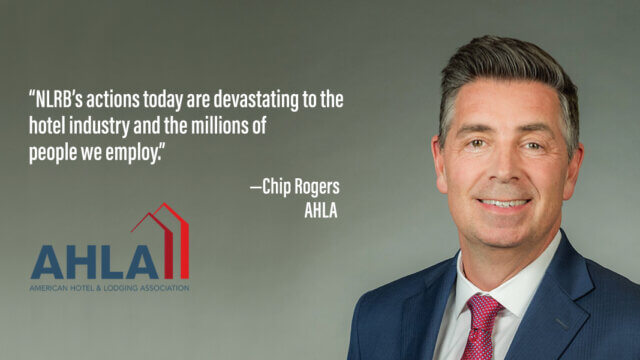INTERNATIONAL REPORT—Keeping hotels clean has always been of utmost importance to property owners and managers, but with the COVID-19 pandemic, housekeeping procedures have had to go to the next level to ensure that guests—and staff—are safe.
“The safety of our associates and our guests is of the utmost importance,” said Peter Hechler, senior assistant VP/head of regional operations for Middle East, Europe, North Africa and Americas, Banyan Tree Group. “The hygiene and safety preventive measurements and their compliance are the only tools to guarantee everyone’s health while still being able to enjoy a holiday.”
Padraig Gallagher, director of operations, Thompson Nashville, who has spent more than 10 years at the company’s properties, agreed. “Proper and thorough housekeeping in the age of COVID is essential. Although we have always had a large emphasis on cleanliness standards and scores, that focus is now also a major concern for our guests also. The visual aspect is also very important to reassure our guests, signage, Plexiglas, hand sanitizers throughout the hotel and regularly disinfecting high-touch areas.”
The heightened housekeeping standards have meant new procedures and training for employees. “All of our housekeeping team wears goggles, face mask and gloves during their shift,” said Hechler. “The use of products has been adjusted to comply with international certifications such as Bureau Veritas. Our staff’s temperature is scanned daily at least twice a day. The villas are vaporized to be sanitized prior to every new guest. All unnecessary collateral has been removed from our villas and common areas to prevent contact. We provide every guest with a sanitary kit for their own use during their stay, and their temperature is scanned upon arrival. Hand sanitizer has been placed in all common areas and guests are encouraged to apply on a regular basis. These are just some of the changes that have been made to our standard protocols.”
As many guests now decline in-stay cleaning of rooms, more time is now allotted for cleaning between stays. “After a guest checks out, we allow a room to remain untouched for 24 hours, and once cleaned, we keep the room vacant for another 24 hours to allow for a 48-hour rest period for rooms between guests,” said Gallagher. “All team members must wear a facemask and gloves need to be changed between each guestroom. We have removed a lot of the high-touch items from rooms such as magazines, menus, directories, glassware (replaced with individually wrapped cups) and we have also introduced one-time use DND signs in all our rooms. We recently purchased a disinfectant mister for use throughout the hotel also.”
The equipment that is used to clean rooms has changed as well. “We certainly are seeing the foggers,” said Amy Yore, EVP sales and marketing with responsibility for product development, Forbes Industries. “UV light is another form of a different type of cleaner that is being used that had not really been used before. Before, housekeepers had 30 minutes to turn a room; that was the expectation. They did 16 rooms a day, 30 minutes a room and that is not a lot of time. Some were stay over, some were checkouts. Now, because they don’t go in the rooms at all during the stay, it is a much more thorough cleaning with a longer time period to make sure everything is clean and sanitized with special attention paid to high-touch areas, such as doorknobs, remotes and telephones. They are doing things like putting the remote in a plastic bag to start to show that it has been sanitized.”
Yore said that her company has created a system to help prevent cross-contamination when turning over a room. “One of the main goals here—when you clean a room—you don’t want someone’s soiled linen and towels to be put on the same cart as the clean one that they are going to be putting on the beds,” she said. “That has to change now. “We provided a system, which is two carts that a housekeeper or a housekeeping team can use to be able to keep everything separate. Keep the strip-down of the room completely separate from the set-up of the room.
Of course, just stepping up cleaning procedures is not enough; hotels must help feel confident that they are safe during their stay. “In order to survive, hotels are going to need to instill a sense of confidence in their returning guests to make sure that they feel absolutely safe in that environment,” said Yore, who has been in the foodservice and hospitality industry for about 30 years. “Hotels are certainly demonstrating that from the second you have any connection to that hotel—on their website it is on there, when you go to reserve a room, when you walk to the front desk. They have it loud and clear and very visual that they have taken on additional safety and cleanliness standards.”
Gallagher agreed, “I believe guests find it reassuring when they see how regularly we are disinfecting surfaces. We also recently added our COVID-19 measures on our guest satisfaction survey and it has shown that we are exceeding guest expectations when it come to the COVID measures we have in place. Guests are informed about our COVID measures at check-in and are also alerted during the reservations process.”




